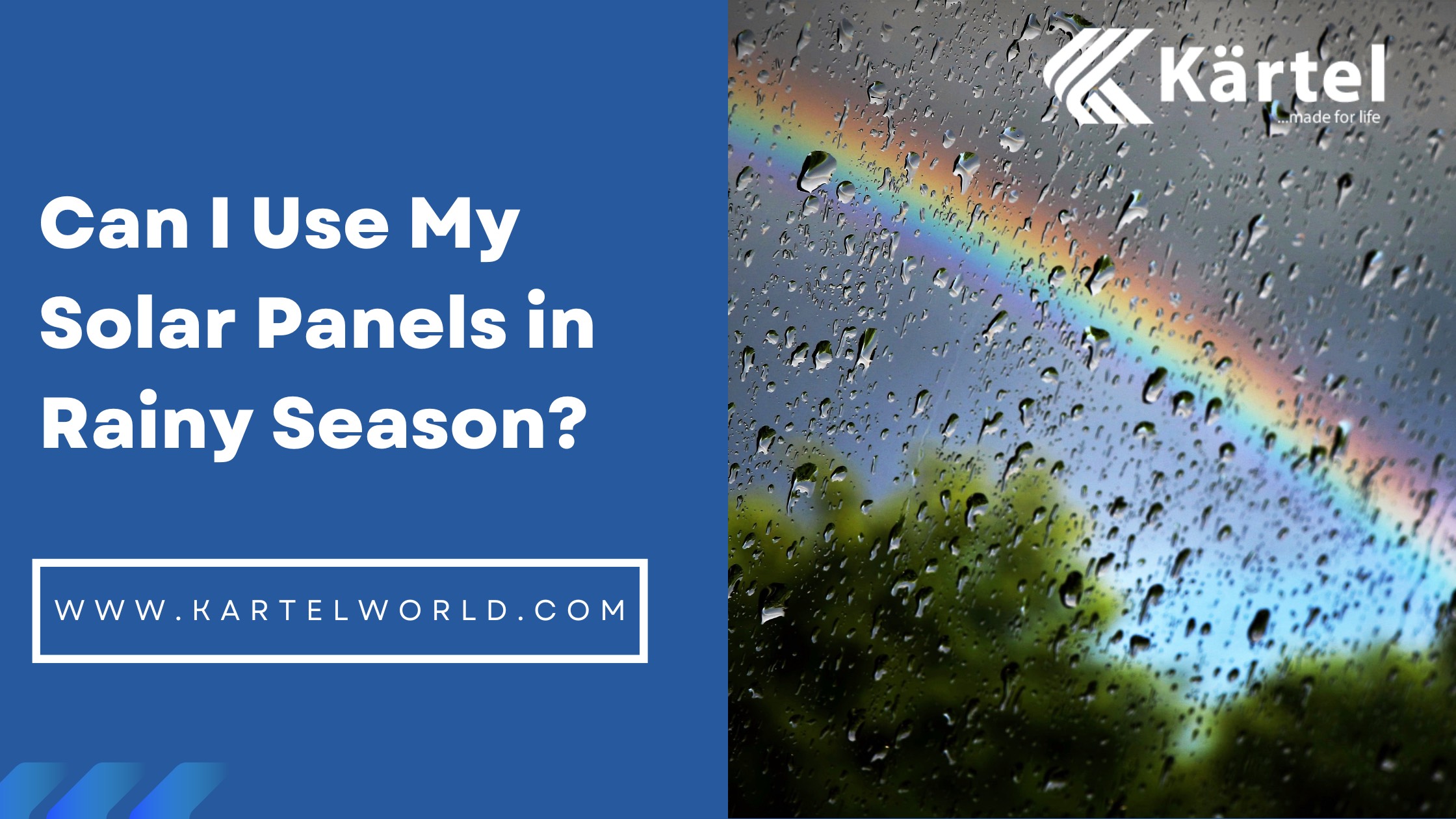As the rainy season continues, one of the common questions we receive from homeowners considering solar energy is whether their systems will still function effectively. The answer is yes. Despite the misconception that solar panels only work in direct sunlight, they can still generate power using both direct and diffuse light, even on cloudy or rainy days. However, the amount of energy produced will be significantly less than on sunny days.
While your solar system will still operate during the rainy season, it won’t be at peak performance. To optimize energy usage during this time, consider these tips:
1. Manage your system capacity: Use no more than 20% of your total system capacity at a time to prevent rapid drainage of your batteries. This involves reducing the number of appliances used and their operational time. By doing so, you’ll ensure there’s stored power available for use during evenings when solar panels aren’t generating energy.
2. Turn off unused appliances: Many households leave appliances running even when they’re not being used. To save power, everyone in the family should make a habit of switching off appliances when leaving a room. Remember, simply turning off devices from their switches rather than leaving them on standby helps prevent unnecessary power consumption and extends your battery life during cloudy or rainy weather.
3. Power off completely: If your inverter starts beeping, it’s a sign to act quickly. Turn off all appliances immediately to avoid deep discharging your batteries, which can shorten their lifespan. If you have access to regular electricity (like from PHCN), this reduces the risk compared to being completely off-grid.
4. Invest in energy-saving appliances: Consider upgrading to appliances that consume less energy to perform the same tasks. For instance, swap out regular light bulbs for LED bulbs, which use significantly less power (e.g., 8 watts versus 60 watts). Similarly, replacing an ox fan with a standing fan can reduce power consumption. Check the wattage information on your devices’ labels to understand their energy needs better. Energy-efficient appliances help conserve power, ensuring your home remains powered for longer periods during cloudy or rainy days.
5. Upgrade your system: If necessary, consider upgrading to a larger solar system if your provider offers this option. This will increase the amount of electricity stored in your batteries, providing more power reserves during periods of reduced sunlight.
In conclusion, solar panels do generate electricity even during rainy days, although less than on sunny days. By following these energy management tips, you can ensure your home remains powered throughout the year. Contact us on 09067522620 to get high-quality half-cut monocrystalline solar panels in Nigeria.

